Arunava Sinha is a Delhi-based translator literary translator who works from Bengali to English and English to Bengali. He is the winner of the Crossword Book Award for Sankar’s Chowringhee (2007) and Anita Agnihotri’s Seventeen (2011), and sixty-six of his translations have been published so far, including a collection of Modern Bengali Poetry, novels by acclaimed writers such as Buddhadeva Bose and Sangeeta Bandyopadhyay, and a collection of Bengali short stories. He teaches in the creative writing department at Ashoka University and works as the books editor at Scroll.in.
I met him for the first time in 2019, when I worked as his teaching assistant. In a small class of six students, translating out of Hindi, Tamil, and Bengali, we worked on hearing the voice of a book and how to articulate it in a different language.
In this Zoom conversation, Sinha talks about translating Khwabnama by Akhtaruzzaman Elias, the questions he receives in his literary translation classes, and the publishing industry in India.
Suhasini Patni (SP): You’ve been translating for many years. In your latest interview with Forbes, you said you developed an interest in literary translation after realizing that Gabriel Garcia Marquez’s One Hundred Years of Solitude was a translation. Can you talk about your journey so far?
Arunava Sinha (AS): It began as an interest in college. I was an English literature student, and as you said, it struck me that these words we’re marveling over when we’re reading Garcia Marquez are really written by somebody else. I wanted to know what writing those words might be like. And of course, it immediately showed me that translation is completely different from what we assume it is. It’s all that is not said but that you are hearing at the back of your head. It is so little about the dictionary meaning because that’s the most easily solved problem. That is what makes a text so rich and what makes translation so interesting.
I had forgotten about translation because I moved to Delhi and switched jobs. It wasn’t until an editor at Penguin called me, asking me about Sankar’s Chowringhee that I rekindled my journey. And it was just at the right age for a midlife crisis, too!
SP: What kind of books did you begin with translating?
AS: I started with the canon, partly because there were not too many translations of the best-known books from Bangla at the time. There were a number of English publishers, and they were hungry for books to publish and there were not enough writers in English. So, it was quite a happy combination of circumstances. There was plenty of variety in the writing in the canon, but if you really step back and look at the big picture, it represented just one segment of possible writing in Bangla. That is what led me to start looking for texts with more diversity, both in terms of the content and the writer. People who wrote regularly did with a certain kind of lucidity which I think was market-facing even if they didn’t tell themselves so. But their books were written to be read by large numbers of people. They adopted a certain lucid idiom. Their art lay in playing with lucidity, but they never became obscure except for some experimental writers. When the field widened and I had other types of books to look for, they were not as bothered about the market. And they wrote in much stronger, much more literary—by literary I don’t mean high literary—but much more of an idiom that only literature can accept and accommodate. This of course has also made translation a more complicated but invigorating task. As you do more of the same thing, you want your challenges to get bigger.
It was partly this that led me to the text, until now, I think was the toughest to translate, which is Akhtaruzzaman Elias’s Khwabnama, which is daunting not just because of the actual language but also because you immediately realize the quality of that book and you are terrified that you will not be able to preserve it in the translated version. I think this was the biggest concern for me. I’m still not sure if it has worked or not. And I don’t think I ever will be. When you’re translating, your real challenge is the language, it’s not the literature. At that point, you’re not thinking of the literature, you’re just thinking of how to get a sentence across. Miraculously, somehow if you do it right, then all the pieces fall into place.

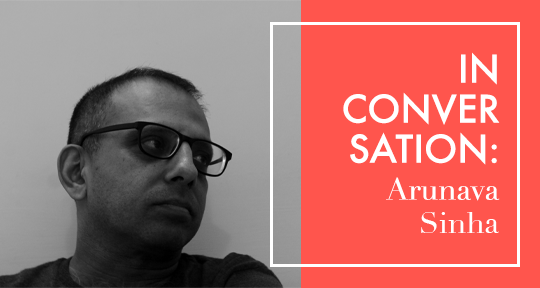
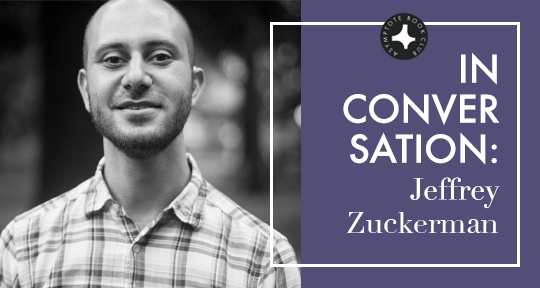
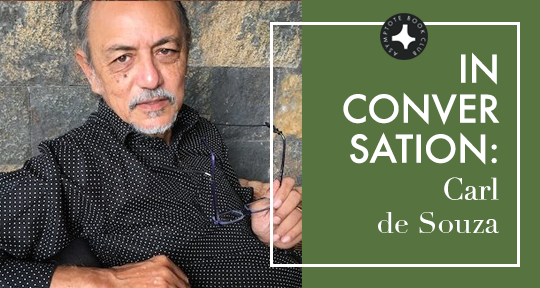
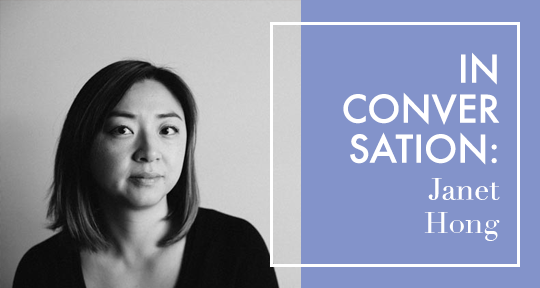
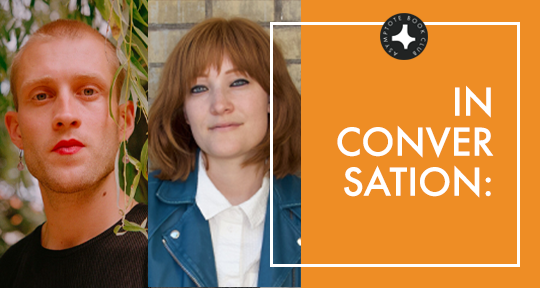
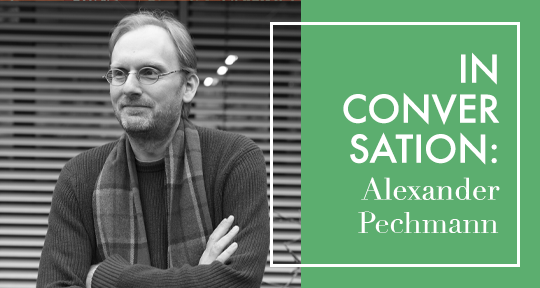
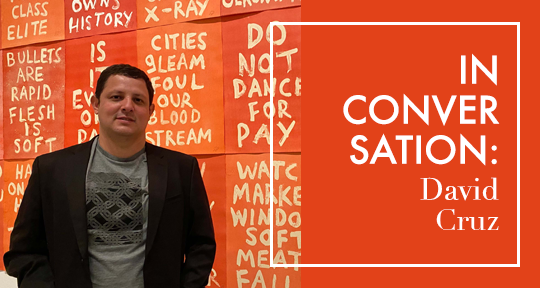

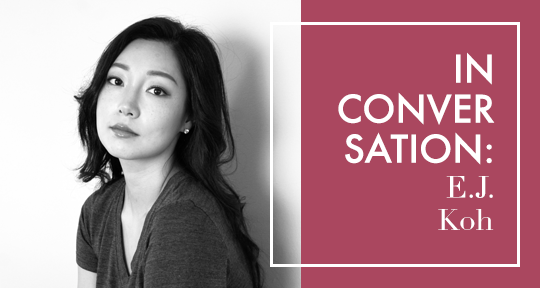
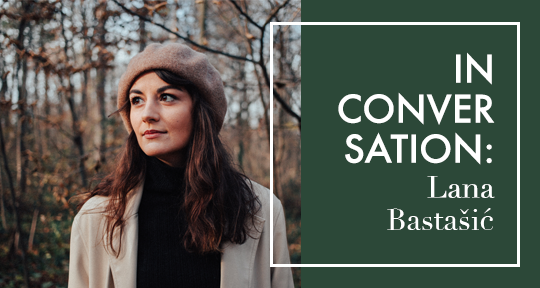
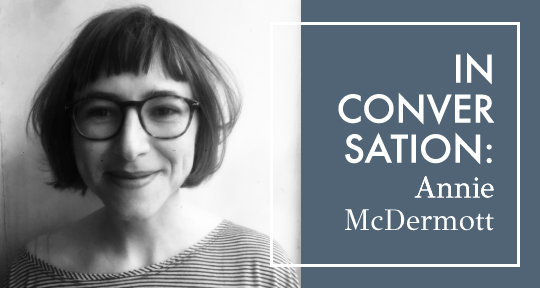

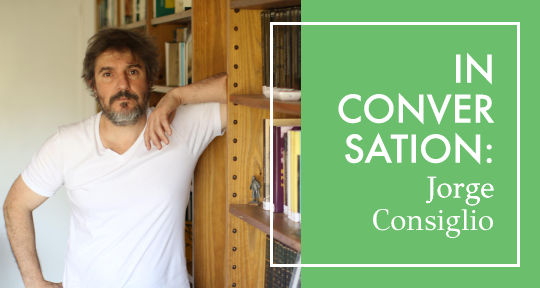
Radical Reading: Sara Salem Interviewed by MK Harb
I’ve increasingly thought more about what generous, kind, and vulnerable reading might look like instead.
At the height of the pandemic, I—like so many of us—looked for new sources of intrigue and intellectual pleasure. This manifested in finding Sara Salem’s research and reading practice, Radical Reading, which was a discovery of sheer joy; Salem views books and authors as companions, each with their own offerings of certain wisdom or radical thought. When she shares these authors, she carries a genuine enthusiasm that they might come with some revelation.
I interviewed Salem as she sat in her cozy apartment in London wrapping up a semester of teaching at the London School of Economics. We discussed our lockdown anxieties and our experiences with gloomy weather until we arrived at the perennial topic: the art of reading. The interview continued through a series of emails and transformed into a beautiful constellation of authors, novelists, and activists. In what follows, Salem walks us through the many acts of reading—from discussing Angela Davis in Egypt to radicalizing publications in her own work, in addition to recommending her own selections of radical literature from the Arab world.
MK Harb (MKH): Reading is political, pleasurable, and daring. Inevitably, reading is engaged in meaning-making. How did you arrive at Radical Reading as a practice?
Sara Salem (SS): Some of my most vivid childhood memories are of spending long afternoons at home reading novels, and when I think back to those novels, I find it striking that so many of them were English literature classics. I especially remember spending so much time reading about the English countryside—to the extent that today, when I am there, or passing it on a train, I get the uncanny feeling that it’s a place I know intimately. Later, when I read Edward Said’s writing on Jane Austen and English literature more broadly—its elision, erasure, and at times open support of empire—it struck me that we can often read in ways that are completely disconnected from the lives we live. This tension was what first opened up entire new areas of reading that completely changed my life, among which was the history of empire across Africa; at the time I was living in Zambia, where I grew up, and often visited Egypt. Critical history books were probably my first introduction to what you call the practice of radical reading, of unsettling everything you know and have been taught in ways that begin to build an entirely different world.
I like that you say reading is engaged in meaning-making, because it has always been the primary way in which I try to make sense of something. Even more recently, as I’ve struggled with anxiety, reading above all became my way of grappling with what I was experiencing: what was the history of anxiety, how have different people understood it, and how have people lived with it? I realise, of course, that not everything can be learned from a book, but so far, I’ve found that what reading does provide is a window into the lives of people who might be experiencing something you are, making you feel less alone.
MKH: How do you reconcile reading for pleasure versus reading for academic and political insights? Do they intersect? Being idle has its own spatial practice of radicality at times, and I’m curious on how you navigate those constellations.
SS: This question really made me think! In my own life, I have always made the distinction of fiction as pleasure and non-fiction as academic/work-related. So, if I need to relax, or want to take some time off, I will instinctively reach for fiction, and if I want to start a new project, I think of which academic texts would be helpful. However, this began to change about five or six years ago, when I began to think more carefully about how fiction speaks to academic writing and research, as well as how non-fiction—unrelated to my own work—can be a great source of pleasure and relaxation. This has meant that they have begun to intersect much more, and it has enriched both my academic work and my leisure time. READ MORE…
Contributor:- MK Harb
; Language: - Arabic
; Places: - Egypt
, - Zambia
; Writers: - Ahdaf Soueif
, - Arwa Salih
, - Huda Tayob
, - Mahmoud Darwish
, - Sonallah Ibrahim
, - Thandi Loewenson
, - Waguih Ghali
; Tags: - intersectional feminism
, - migration
, - Race
, - radicalism
, - Reading
, - sexuality
, - social commentary